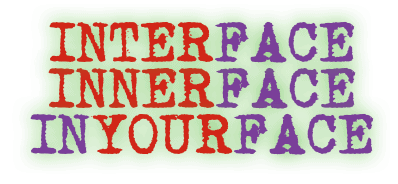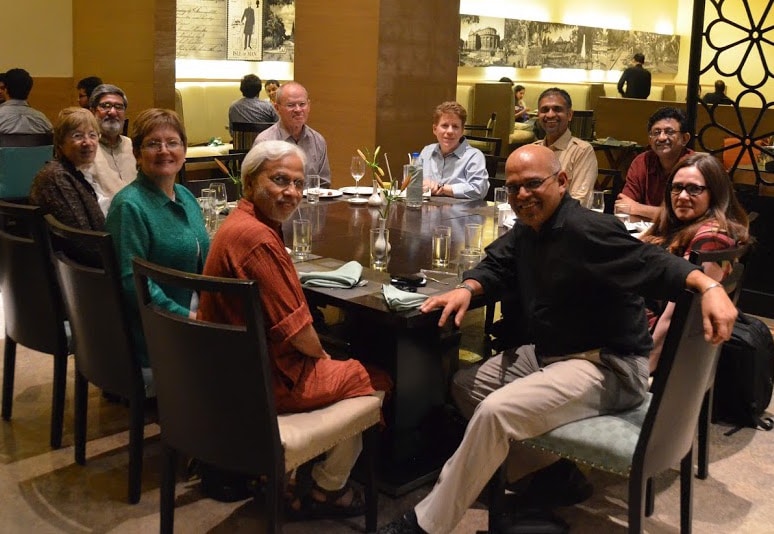This presentation of a talk by Daniel Pink has been making the rounds on the Interwebs. I am including it here just as a personal reminder for me to use in my teaching AND as an example of a wonderful presentation style. Check out
RSA Animate – Drive: The surprising truth about what motivates us
[youtube]http://www.youtube.com/watch?v=u6XAPnuFjJc[/youtube]
The three key factors that Pink describes as being inherently motivating are Autonomy, Mastery and Purpose. Now think about school… How much of these three do we present our students? Too often school is about doing things someone else as prescribed, not for mastery but rather just to get it done, with little sense of the broader purpose for doing so. Is it surprising that school is demotivating?
This is not an issue of whether or not (or how) we should be using technology – but rather a more fundamental issue of why we have school in the first place.
What can we do to bring in these three into the classroom?




I do think, in line with Ven & Vrakking (2007), that we can use technology to significantly improve learning & teaching in terms of the following design principles for education: trust, relevance, talent, challenge, immersion, passion and self-direction. But we have to use technology to empower kids (Resnik, 2007) instead of trying to fill them with (often useless) knowledge (understand “facts” rather than theoretical and explanatory concepts and models).
Links:
http://www.amazon.com/Homo-Zappiens-Growing-Digital-Age/dp/1855392208
http://www.pbs.org/idealab/2007/10/from-informing-to-empowering005.html
I would think that educating the teachers as to these facts would be a great step in achieving the results we all seek.
Maybe a mandatory continuing education series with hands on demonstration and hard evidence to support the theory.
Great talk indeed!